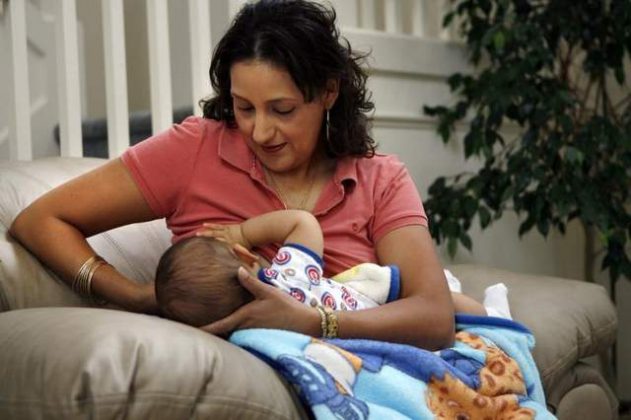
Share On Social!
A history of Adverse Childhood Experiences (ACEs) may negatively impact a mother’s exclusive breastfeeding rates.
ACEs are negative events or experiences, such as abuse, neglect, or household dysfunction that cause disproportionate stress to children, which can harm their health and development. As the number of ACEs increases, so does the risk for negative health outcomes throughout adulthood.
According to a study published in the Breastfeeding Medicine Journal, among the women with a history of ACEs, only 36.6% of moms exclusively breastfed their babies for up to 6 months, compared to 46.7% of moms without a history of ACEs.
Latina moms face many barriers to breastfeeding, such as low income, participation in federal food assistance programs that offer free infant formula, employment, lack of maternal access to breastfeeding information, and other cultural, social, economic, political, and psychosocial factors.
ACEs are an under-fundeded group of psychosocial factors.
In order to improve exclusive breastfeeding rates and ensure Latino kids grow up a healthy weight, breastfeeding interventions may need to provide additional support beyond the hospital to help moms overcome various barriers.
Explore More:
Healthy Families & SchoolsBy The Numbers
142
Percent
Expected rise in Latino cancer cases in coming years



